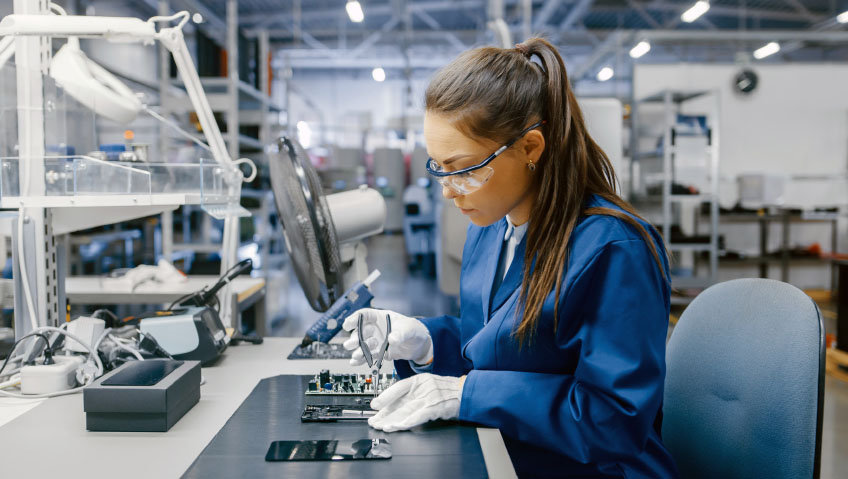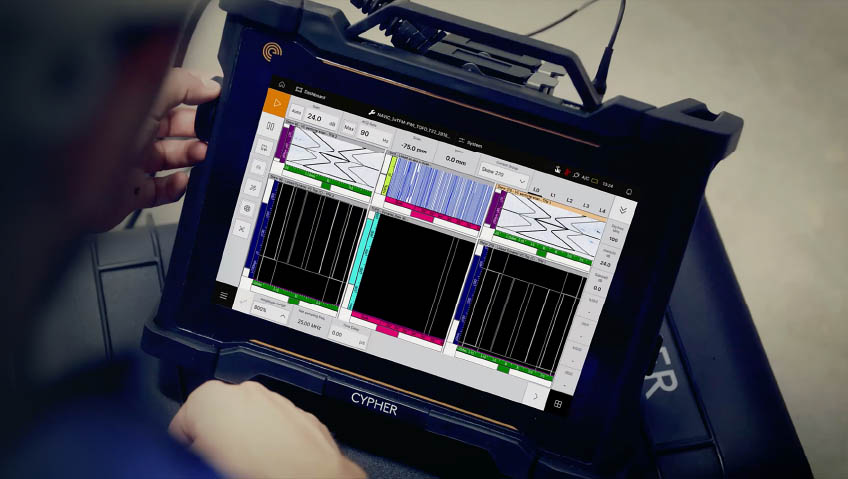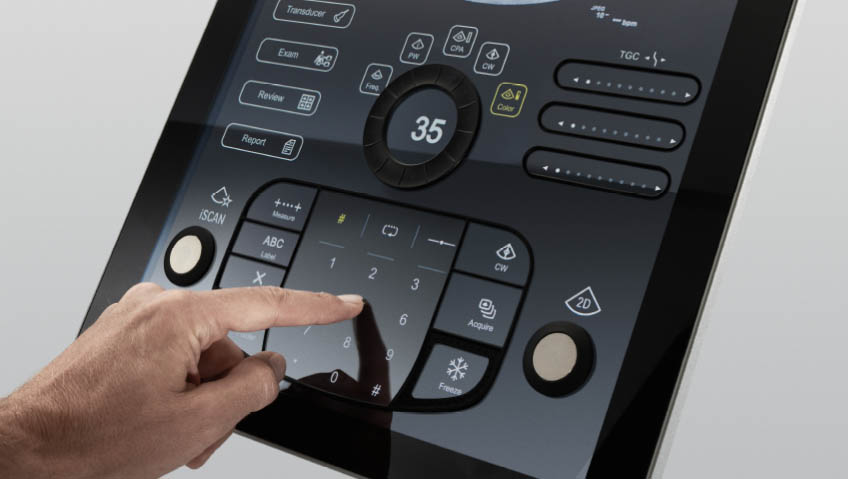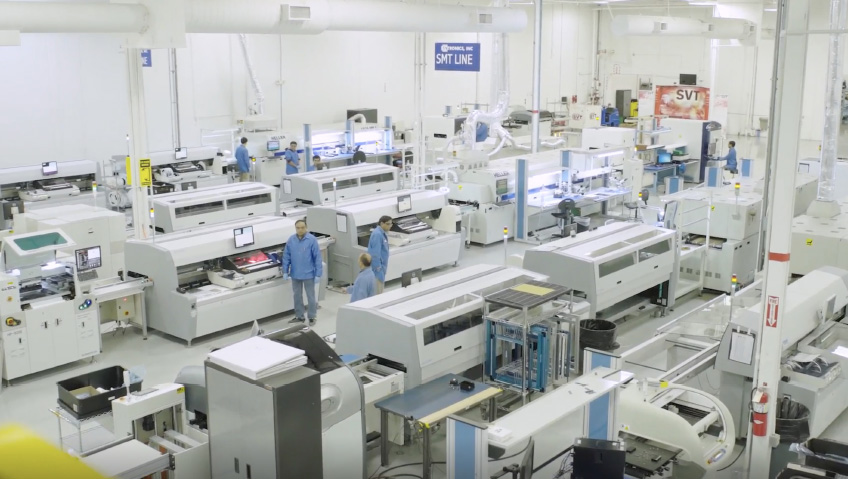Spirit Electronics is a company to watch. After profiling the business in 2019 and 2023, Manufacturing in Focus sat down with Chief Executive Officer Marti McCurdy once again to hear the latest news and developments, from the firm’s exciting role in New Space to its latest ASIC solutions.
Based in Phoenix, Arizona, this veteran-owned and woman-owned business supplies high-reliability components and superior supply-chain solutions for the aerospace and defense sectors. The company offers a wide variety of specific services, including inspection and analysis, ASIC programs, IT foundry services, test services, and aerospace and defense programs, as well as a number of custom services.
New Space is the term for the emerging private space industry. This entrepreneurial space race is expanding rapidly, and the opportunities are abundant. “New Space is just the most booming part of the industry there is,” McCurdy says. “The number of satellites going up in constellations—it’s literally crowded up there.” A constellation refers to artificial satellites that are working together in a system.
The players have to be at the cutting edge of the industry to maintain a position in the dynamic, rapidly evolving New Space race. “They’re agile,” she states. “They’re super-fast to market.”
Naturally, data collection is a major part of the industry. For example, around a decade ago, Spirit Electronics was involved in a program to utilize constellations to track “any aircraft that’s not on the ground,” McCurdy shares. “As soon as it’s in the air, whether it’s a two-seat Cessna or a Boeing 777, this constellation tracks it now.”
Today, the industry is working to apply the same technology to the maritime sector. “It is currently one of the most unregulated things that we have,” she says. For example, if “you’ve got a big barge or a carrier coming over from Europe to America with cars on it, and they lose AIS on it, they can’t find it.” This means that anyone trying to track the vessel is completely in the dark. It is impossible to know what might have happened. “Did it get hit by a big wave? Is it lost? Did it sink?” In other situations, vessels go off the grid intentionally. They “turn their AIS off because they don’t want to be tracked,” McCurdy notes.
Utilizing New Space to keep tabs on the movement of vessels at sea will be a game changer. “All of these things in the maritime sector are going to get a little bit more oversight from the world, to know where the shipping lanes are, which ship is where. You can look at that as a classic data collection constellation that’s going up to try to help the maritime community.”
This is just one sector impacted by New Space. “It’s happening in everything,” McCurdy says. “Forestry, water management, oceanography—all these things are what New Space is tackling.”
McCurdy has been at the forefront of supporting New Space as the industry develops. “I was on a panel with the Greater Phoenix Economics Council and some of the other primes like Northrop, Boeing, Raytheon, et cetera, really discussing what is needed to support this New Space defense market out here from an education standpoint and trying to bring [new talent] into play,” she shares.
This enthusiasm is seen throughout America, particularly when it comes to encouraging the next generation to enter the field. “Every state is doing something from an educational standpoint to try to get young kids and new college students to say, ‘hey, I would like to have this career field, because it’s exciting,’” she says. “All of these options are out there, but it’s really lacking human resources right now, and there’s a lot going on to try to bolster that.”
Spirit Electronics works hard to stay at the forefront of opportunities in New Space. For instance, in partnership with the Arizona Commerce Authority, Spirit and a few other primes are headed to the Netherlands, Belgium, and parts of Scandinavia to undertake “an exchange of ideas [regarding] New Space and semiconductor capabilities [with] potential business partners. And we’ve already been going down this road this year. We have several companies in Europe now that are working with us to bring their products to the U.S. for the New Space market specifically—they don’t know how to enter it. We ended up doing some of the manufacturing in the back end so that they have some ‘Made in the USA’ capabilities. There’s a big push for companies [outside of the U.S.] to try to get into this market.”
Speaking of Spirit’s capabilities, ASIC is an acronym for Application Specific Integrated Circuits (ICs). These computer chips use multiple circuits, allowing custom programming for specific tasks. Customers choose Spirit Electronics to supply their ASIC solutions for several reasons: “One is cost, and one is securing their supply chain,” says McCurdy.
Larger companies are focused on bringing new technology to the marketplace, so it does not always make sense for them to continue to manufacture older product lines. “They’re always moving forward,” she says. “They’re churning out all the latest technology.” She uses an iPhone as an example. “With iPhones, literally every six months they’re putting something new on the market, but in order to do that, you need new technology, new cameras, higher speed—all these things.”
To be sure, not all customers are able to advance that quickly. “The aerospace and defense market actually doesn’t move at that kind of commercial pace, and they always lag in technology slightly, not because our airplanes or our jet fighters are not current… It’s because they don’t want to change the electronics once they’ve qualified them. Just imagine if you had to change something on some heat-seeking missiles, then you’ve got to shoot a bunch of them off to guarantee that it works again; in other words, you’ve got to requalify it. So the military always lags, and then because of that, they want the supply chain to be 20 years long.”
On the other hand, when it comes to the commercial space, “that product line is maybe a year or two long,” she points out. Customers in aerospace and defense, who need a longer life cycle for their supply chain, turn to Spirit Electronics, and, in doing so, take advantage of the customization the team offers. “All of a sudden, you have this very sophisticated chip that now will help them secure their supply chain for the next 20 years, plus it has added technology [that] actually enhances what they had originally.”
Certainly, Spirit Electronics is always moving forward. Quick to take advantage of foundry consolidation within the industry, the company now offers foundry services in collaboration with Texas Instruments, and this access is only the beginning. Spirit continues to grow and adapt to best meet its customers’ needs. “We have been in acquisition mode here the last couple of years,” McCurdy tells us. “The one piece we have missing in the entire ecosystem is assembly. So we’re trying hard to get some assembly in-house, and we’re hoping to do that so we can package up our own silicon and manage the complete turnkey process as opposed to outsourcing that one small thing.”
With such a strong track record and focused strategy, Spirit Electronics is sure to meet that goal—and plenty more. As it does, Manufacturing in Focus will continue to keep an eye on this market-leading company.






